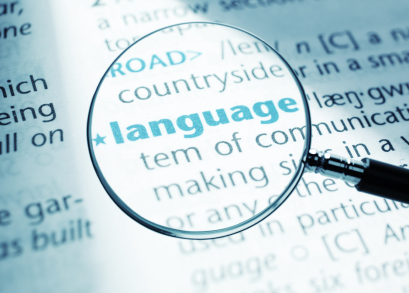 The Notable Differences and Similarities Between Interpretation and Translation Services
The Notable Differences and Similarities Between Interpretation and Translation Services
Simply put, we can say that interpretation services are those which are of an effort to enable a flow in the conversation between two people who speak varied languages attempting to hold a conversation between them while the translation services are generally those which are concerned with the act of having a document taken for rewrite in another set of language while holding the core message and intended communication passed in its exactness and precision. When you hear of it like so, one may see the two as rather similar and just the same while in practice, they are nothing but two very different sets of practice. We are getting into the actual differences and the bear similarities that these two really have to give us in the following parts of the article.
First of all, we are going to see how the time factor plays to set the two apart. In all cases, you will have the services of translation taking place in private and over a period of time while for the interpretation services, they are handed in the actual time of the conversation, as the conversation takes place. With translation services, you will not actually need the individual offering them to be the type who is overly fast in thinking and translating and they are seen to be best offered by those people who have a good skill for being slow but rather good and meticulous with what they finally produce. Translation has a more particular emphasis on the quality of the work in the text being and staying correct as opposed to having a mere interpretation of the meaning of the communication of the speakers.
Contrarily, interpreters are all but giving a particular focus to enabling the information flow as smoothly as can be. Some of the varied skills that an interpreter needs to have are such as skills for the understanding of how the inflections and tonal variations impact communication and the assumptions so embedded in the various cultures and backgrounds in communication styles and their particular effect to the communication so as to be able to offer effective services for interpretation. However due to the limited time in the process of facilitating the conversation, an interpreter may not have that luxury to enjoy a particular emphasis on the exactness of the whole but will merely attempt to facilitate the smooth flow of the conversation. Thus in this we find that a good interpreter should basically have the qualities of being a fast think who can do it with ease while on course with the conversation or debate as contrasted to the fact that a translator must not necessarily be in possession of the traits of being a fat thinker but meticulous with their production. A quality interpreter should as such as well be in possession of the attribute of an ability to work with people and as well be able to read their minds to have them relay their very messages.